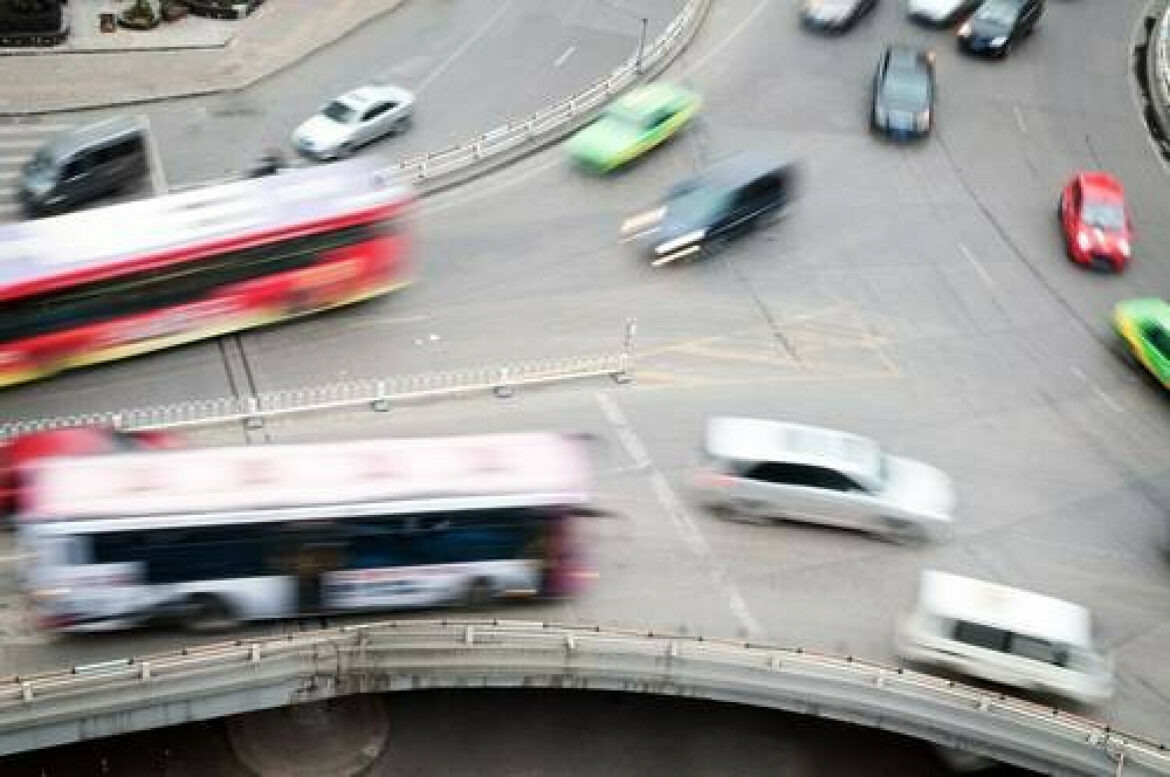Developing a model of a pandemic stress-resistant city based on the experience resulting from Covid-19 is the main objective of a project carried out by researchers from the Adam Mickiewicz University (UAM) in Poznań and the University of Life Sciences in Poznań.
The development of effective measures to mitigate and cope with the stress resulting from a pandemic should be considered a priority. According to Prof Lidia Mierzejewska from the Faculty of Social and Economic Geography and Spatial Management at UAM it is even more relevant as the elevated stress resulting from the pandemic is likely to persist even after the threat of the virus presence,
The project, headed by Prof. Mierzejewska, is interdisciplinary and is carried out by a team of specialists in socio-economic geography, spatial economy, urban planning and architecture, as well as neurobiology, physiology and psychology.
In their project, the Polish researchers treat the city as a complex, dynamic system, functioning on the model of a living organism, whose main goal is development and immunity.
The stress-resistant city model will be based on the following cornerstones: proposing ways for cities and their residents to cope with pandemic stress (coping strategies) by mitigating the adverse effects of the pandemic on cities (mitigation), reducing the vulnerability of the city system to pandemic stress by creating healthy, safe living and service conditions for residents (re-constructing), aligning the city structure with the needs and expectations of residents (governance), and thereby healing (recovery) and making the city resilient (city resilience) to the adverse effects of current and future pandemics.
Adrian Andrzejewski





